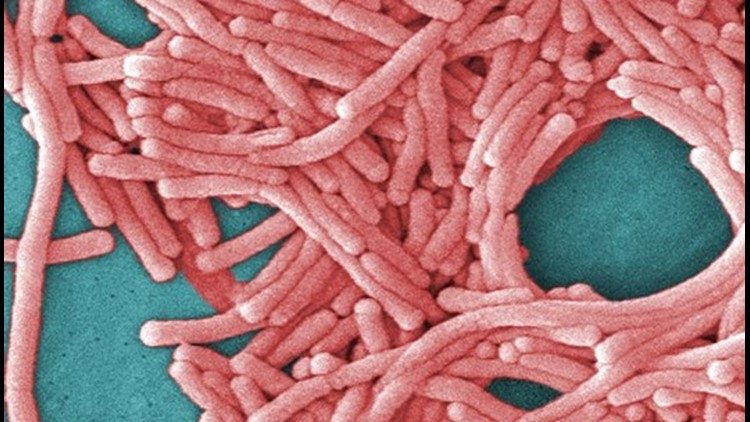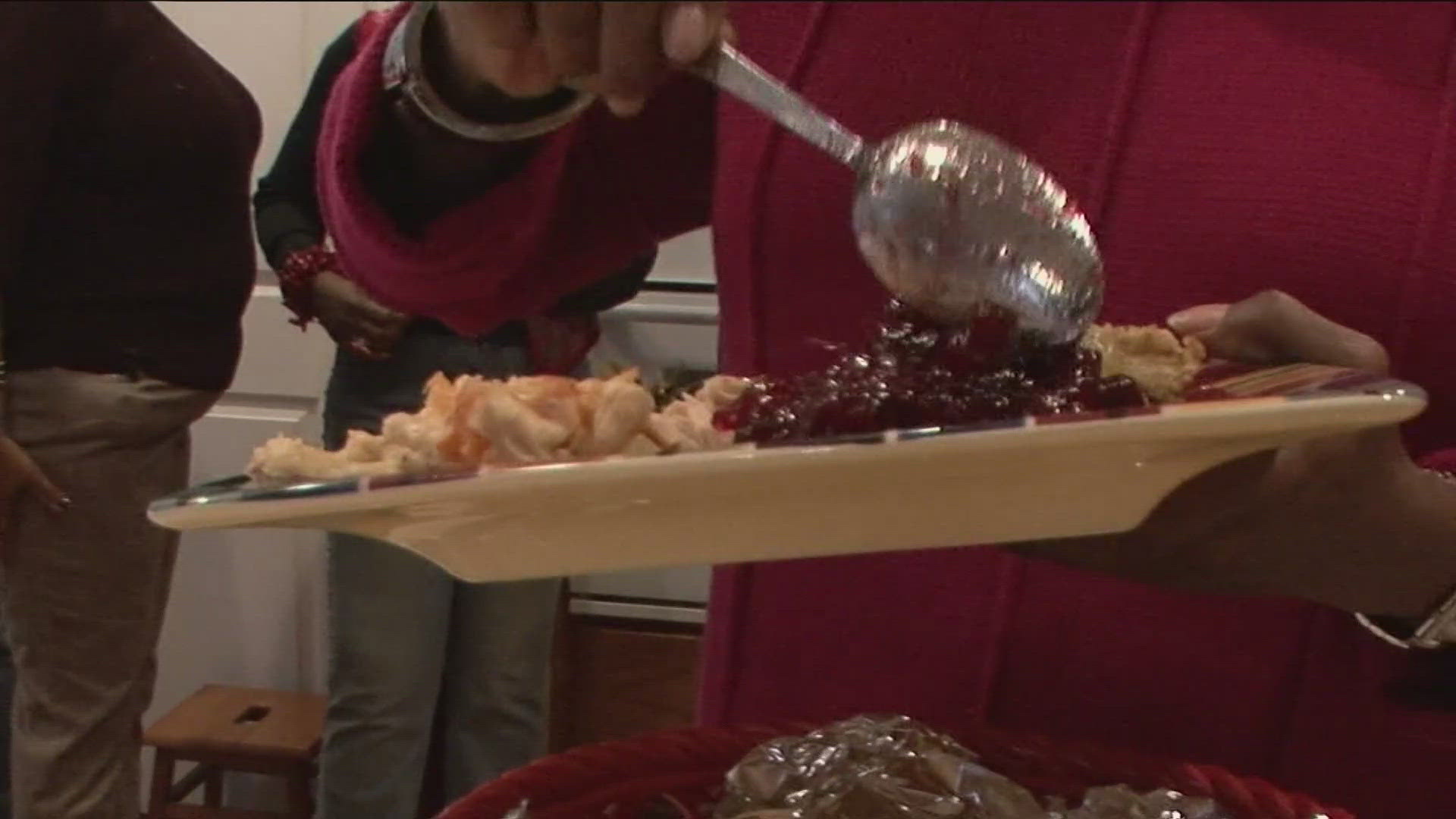GRAND RAPIDS, Minn. — Minnesota Department of Health officials said they believe they've pinpointed the source of a Legionnaires' disease outbreak in northeastern Minnesota.
A statement from MDH Monday said epidemiologic and lab data show some parts of Grand Rapids' water system tested positive for Legionella bacteria, exposing residents located in a "geographically clustered" area. Legionella bacteria, which typically lives in small amounts in environments conducive to water, causes a serious type of lung infection when inhaled through water droplets.
“We are taking this situation very seriously,” said Jessica Hancock-Allen, director of the MDH Infectious Disease Epidemiology, Prevention and Control Division, in the statement. “While most people exposed to Legionella bacteria do not develop Legionnaires’ disease, the best thing to do if you experience symptoms of pneumonia - such as cough, shortness of breath, fever and headache - is contact your health care provider right away. Most cases can be successfully treated with antibiotics, but prompt diagnosis and appropriate antibiotic treatment is important.”
According to MDH, there have been 14 confirmed cases of the disease in the region since April 2023. In all of last year, MDH reported Minnesota saw 134 cases, including six deaths.
State health officials said it determined the city's water supply, which is one of few in Minnesota that isn't treated with chemicals like chlorine, was the only common denominator between those infected in Grand Rapids.
In response to its findings, Grand Rapids' public utilities manager said the city is now taking steps to address their findings by flushing and disinfecting its water infrastructure.
"Installing a chlorination system is being looked into, but introducing chlorination to a previously unchlorinated system is a complex process, so our approach needs to be methodical to ensure we avoid any additional health, safety or distribution system complications,” said Julie Kennedy, Grand Rapids Public Utilities general manager. “We will be providing local updates and customer notices as that plan develops along with continuing to work with MDH and a team of experts to conduct a thorough assessment of our water distribution system to determine the best long-term solution.”
For information about how to reduce the growth and spread of Legionella bacteria, visit the Centers for Disease Control and Prevention's website.
WATCH MORE ON KARE 11+
Download the free KARE 11+ app for Roku, Fire TV, Apple TV and other smart TV platforms to watch more from KARE 11 anytime! The KARE 11+ app includes live streams of all of KARE 11's newscasts. You'll also find on-demand replays of newscasts; the latest from KARE 11 Investigates, Breaking the News and the Land of 10,000 Stories; exclusive programs like Verify and HeartThreads; and Minnesota sports talk from our partners at Locked On Minnesota.
- Add KARE 11+ on Roku here or by searching for KARE 11 in the Roku Channel Store.
- Add KARE 11+ on Fire TV here or by searching for KARE 11 in the Amazon App Store.
- Learn more about the KARE 11+ app for Apple TV in the Apple App Store.
- Learn more about KARE 11+ here.
Watch more local news:
Watch the latest local news from the Twin Cities and across Minnesota in our YouTube playlist:



